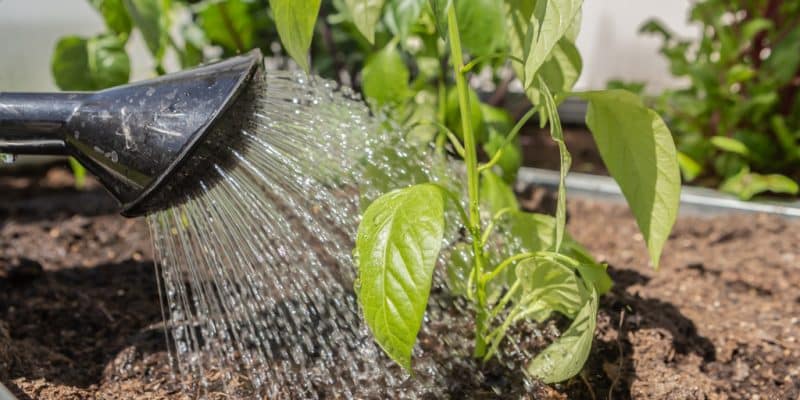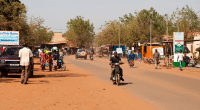The authorities in Windhoek, the capital of Namibia, have announced a new strategy to deal with the drought. In particular, they plan to reduce the frequency with which gardens are watered in order to conserve available water resources.
Windhoek is tightening up its water use standards. Since 31 May 2023, residents of the Namibian capital have had to comply with new regulations. These include reducing the frequency of watering gardens to twice a week. The aim of the municipal authorities is to reduce water use in Windhoek by 10%.
This is because the water in the Von Bach (50 million m3), Swakoppoort (around 63.5 million m3) and Omatako (43.49 million m3) dams, which supply Windhoek, cannot last another two years as things stand.
Preserving water resources
“Although the level of the Swakoppoort dam is still 72.3%, it is important to note that the quality of its water is poor, in addition to the fact that the transfer system linking it to the Von Bach dam is very unreliable, with regular interruptions. The Omatako dam is practically empty and the Von Bach dam is currently at only 26.8% of capacity”, says Windhoek City Council.
To preserve water resources, Windhoek residents are also being asked to keep swimming pools covered until further notice, and to wash their cars with buckets rather than connect hoses to taps, as was still the case a few days ago. In addition, fountains and water games are now banned in the city of Windhoek.
Read Also –
In imposing the restrictions on water use in the Namibian capital, the municipality’s objective is also to reduce “bulk water” tariffs according to the volume consumed per month before applying penalty tariffs, and to no longer authorise discounts on water leaks. “The responsibility for saving water must be assumed by each and every one of us, whether we are private individuals, businesses or institutions, by ensuring that there are no leaks. And if leaks are identified, they must be repaired quickly”, says Lydia Amutenya, spokeswoman for the city of Windhoek.
Inès Magoum







